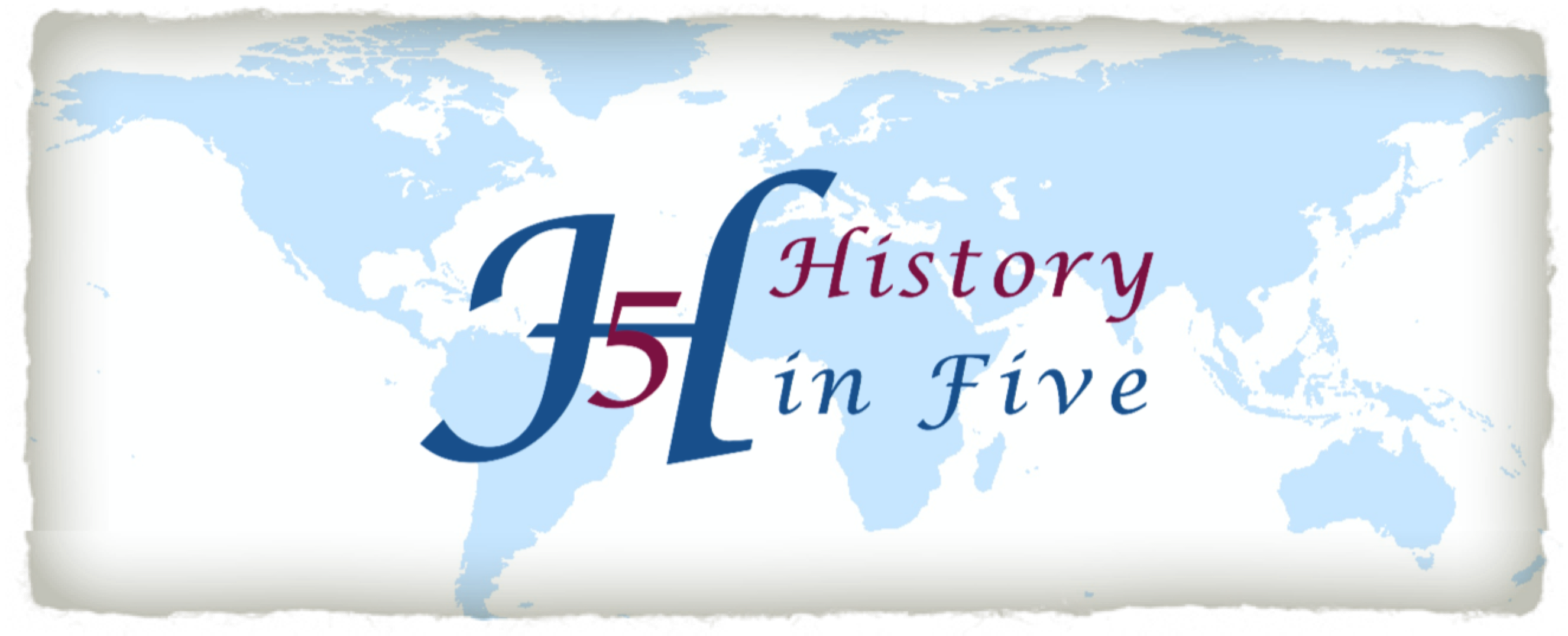Back to the video list: German History
Quite a large number of historians define the Seven Years' War as the actual first world war. In Europe Prussia faced an overwhelming alliance of great powers. However, Prussia made a stand and could establish herself as the fifth great power in Europe.
Also of interest may be the North American theatre of the Seven Years'War.
Video
Overview
- Date: 29 Aug 1756 – 15 Feb 1763
- Location: Holy Roman Empire, additionally North America, India, Philippines & Africa
- Start: Prussian invasion of Saxony
- End: Treaty of Hubertusburg (status quo ante bellum)
Background
- Territorial ambitions in Europe:
- Prussia: West Prussia & Saxony
- Austria: Silesia
- Russia: Expansion to the west
- Austrian revanchism for the loss of Silesia (War of Austrian Succession)
- Prussian ambition to secure & strengthen her power
- Colonial conflict between Great Britain & France in North America & India
- George II of Great Britain wants to secure his ancestral principality Hanover
The Alliances
- Convention of Westminster & further treaties:
- Prussia
- Great Britain
- Duchy of Brunswick-Luneburg
- Landgraviate of Hesse-Kassel
- County of Schaumburg-Lippe
- Principality Brunswick-Wolfenbüttel
- Duchy of Saxe-Gotha-Altenburg
- Treaty of Versailles & further treaties:
- Austria
- France
- Saxony
- Russia
- Sweden
- Holy Roman Empire (Imperial Army)
History
1756 & 1757
- 19 Aug 1756: Prussia invades Saxony
- Aug. – Oct 1756: Prussia occupies Saxony & defeats Austria in the Battle of Lobositz
- May – Jun 1757: Prussian invasion of Bohemia fails after the defeat in the Battle of Kolin
- Jun – Nov 1757: French forces occupy the western territories of Prussia, defeat Prussia’s allies in the Battle of Hastenbeck & pose a threat to Prussia from the west
- 05 Nov 1757: Prussia decisively defeats the French & Imperial Army in the Battle of Roßbach
- Sep – Nov 1757: Austria occupies large parts of Silesia
- Sep – Dec 1757: Hostilities between Sweden & Prussia without a definite decision
1758
- 1758: Russia occupies East Prussia
- May – Jul 1758: Prussia attempts to invade the Austrian heartland but fails in the siege of Olmütz & retreats
- Aug – Nov 1758: Austrian invasion of Saxony fails after the failed siege of Dresden
1759 & 1760
- 12 Aug 1759: Decisive Russian-Austrian victory in the battle of Kunersdorf
- Aug – Sep 1759: “The miracle of the House of Brandenburg “ – Russia & Austria withdraw
- 1759: French offensives without a decision
- 1760: Despite several victories Prussia is at the brink of loosing the war:
- Russians in East Prussia
- Austrians in Saxony & Silesia
- Swedes in Pomerania
- French in the west
1761 – 1763
- 1761: Prussia holds her positions against:
- Austria & Russia in Silesia
- Sweden in Pomerania
- 1761: France is financially exhausted & barely able to launch offensive operations
- 05 Jan 1762: Tsarina Elizabeth dies; the new Tsar Peter III admires Frederick the Great
- 22 May 1762: Treaty of Hamburg; Russia withdraws from the war
- Jun – Sep 1762: Prussia’s allies defeat French forces at their last attempt to invade Hanover
- 21 Jul & 29 Oct 1762: Prussia defeats Austria in the Battles of Burkersdorf & Freiberg
- 15 Feb 1763: Treaty of Hubertusburg (status quo ante bellum)
Consequences & Impact
- Status quo ante bellum in Europe
- Prussia can defend her territory & is definitely established as the fifth great power
- Continuation of the German Dualism between Prussia & Austria
- Substantial loss of life – soldiers & civilians
- Esp. in France massive drain on finances which is a precondition for the French Revolution
- France looses her colonies in India & North America which is a precondition for the French Support for the colonies against Britain during the American Revolution.
